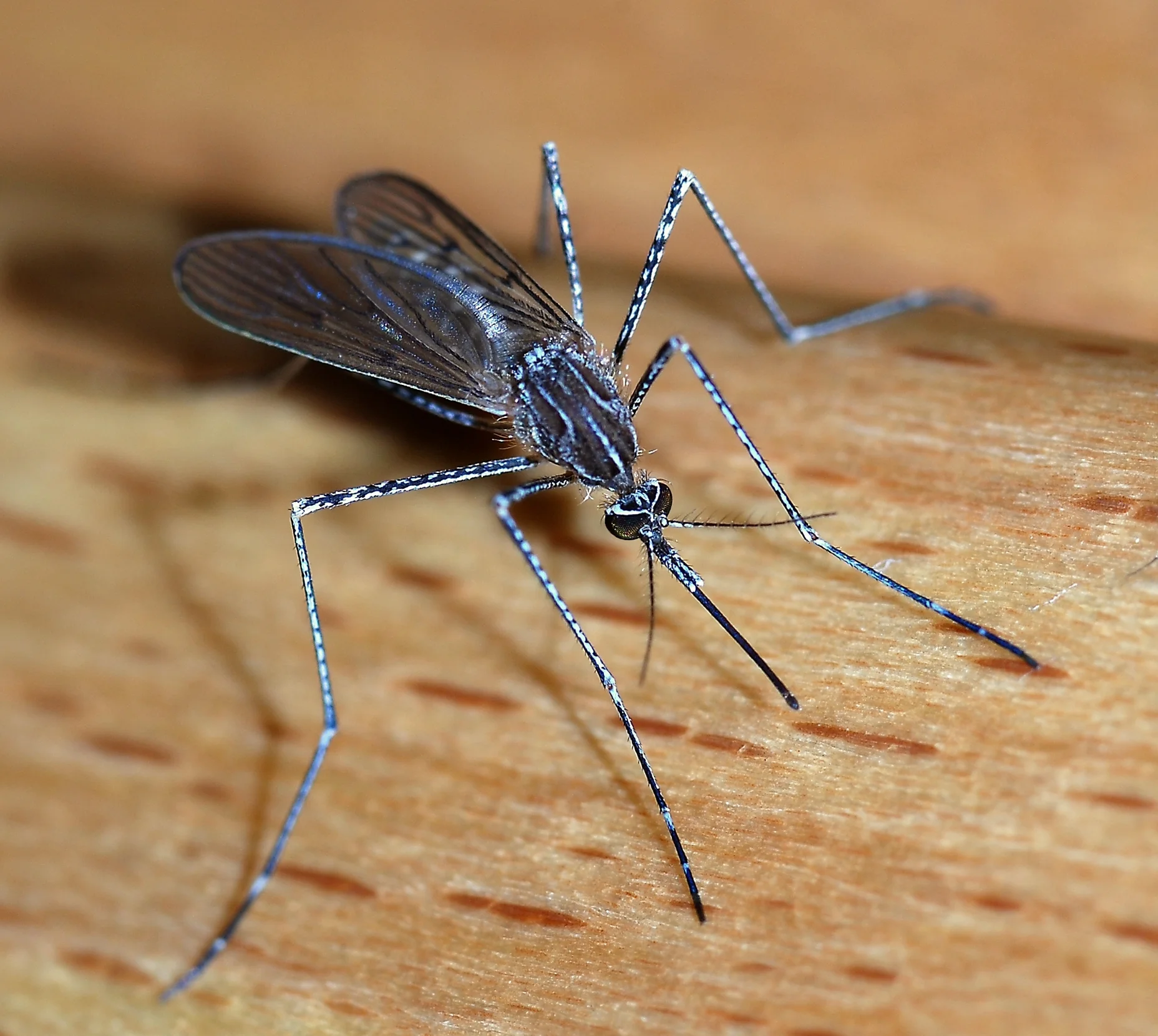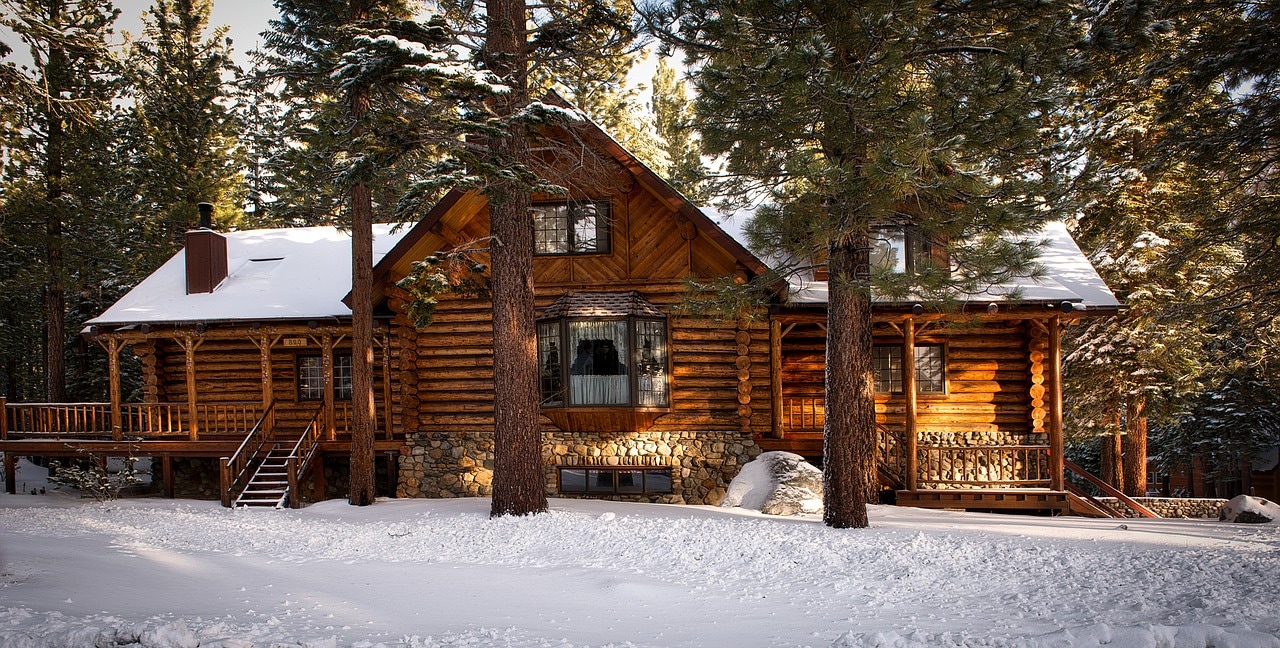As the cold and bitter air of winter draws nearer and as the temperatures begin dropping, rodents like mice and rats head indoors in search of food and shelter. Other pests begin migrating inside as well as they too seek out warmth along with a peaceful place to overwinter. If you’re not careful, your home could easily end up becoming a natural resource for nature! The good news is you don’t have to stand helpless while rodents and other pests silently check in to your home for the winter.
STEP ONE: MAINTAIN LAWN & LANDSCAPE
While you might be wondering just how maintaining your lawn and landscape is helpful towards pest-proofing your home for the winter, know that rodents and other household pests begin their life cycles outside. If your lawn is full of overgrown vegitation and debris pests will thrive in their natural environment before making their way inside your house for the winter. When pest-proofing your home for the winter, start in September by doing the following:
- Clear your lawn and landscape of leaves, clippings, and other debris
- Eliminate standing water and garden remnant
- Check for rodent burrows around your foundatio
STEP TWO: CLEAN YOUR KITCHEN & SECURE THE GARBAGE
The majority of household pests end up in the kitchen due to water and food being readily available. One of the best ways to keep pests out of your home and especially out of your kitchen is to make food less available to them. Sometimes a simple cleaning of cabinets and counter tops isn't enough... This means:
- Securely place food in airtight containers and store them in the fridge or cabinets.
- Don’t leave fresh foods and produce on your counters or tabletops over night.
- Clean out your pet’s bowls each nigh, and take them off the floor when they are near a door.
Pests and rodents will take any type of food they can get, even your leftovers from three days ago! To help reduce the number of pests in and around your home make sure you secure your garbage every day, and remove it from inside the home on a regular basis. If you leave a bag full of trash near the perimeter of your house you’re simply asking rodents and other pests to come inside for the winter - or, any other time of the year. If possible, raise your garbage containers off the ground to discourage rodents from easily climbing up and into them.
STEP THREE: REPAIR ENTRY POINTS IN YOUR HOME
The last professional tip, and most likely the best way to begin pest-proofing your home for the winter is to ensure pests are unable to find their way inside. When nighttime temperatures begin falling it's best to take some time checking the interior walls of your basement or crawl space, and around the exterior of your home looking for entry points. Entry points are considered tiny to large openings, such as a crack, in the foundation or base of a house that rodents and other pests can crawl into gaining access to the interior of structures. Specific areas to check when searching for entry points are as follows:
- Laundry vents
- Utility meters
- Foundation cracks
- Crawl spaces and attics
It's a good idea to install a floor sweep or other type of professional weather stripping for under doors. This will eliminate your doorways as an entry point while helping to keep warm air inside and the cool air out.






